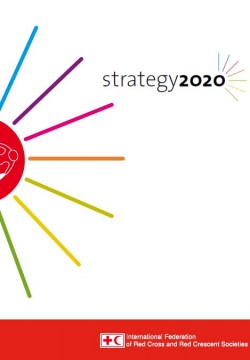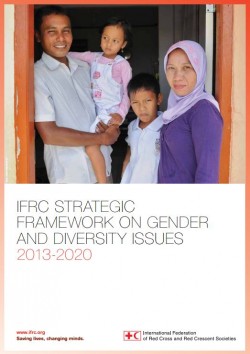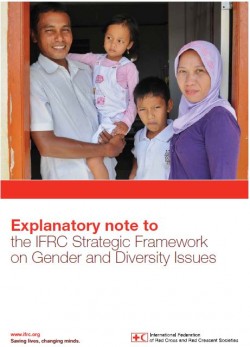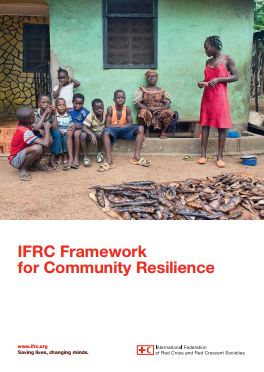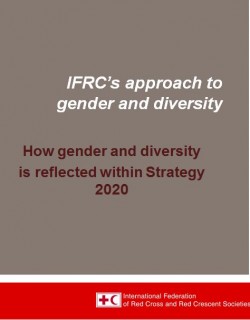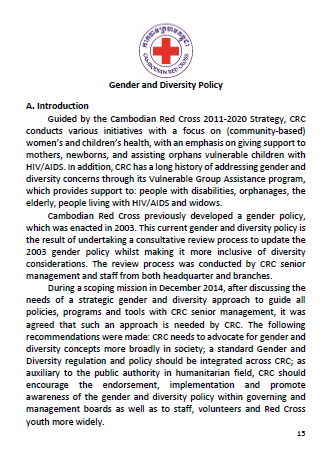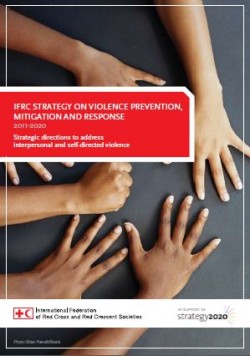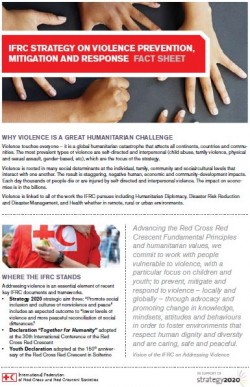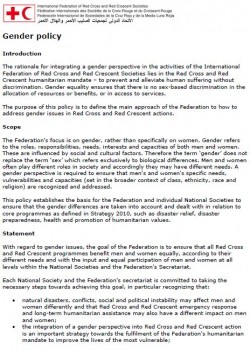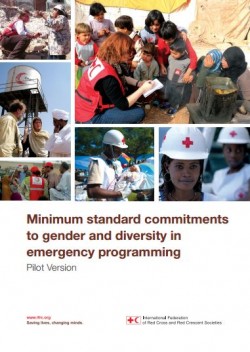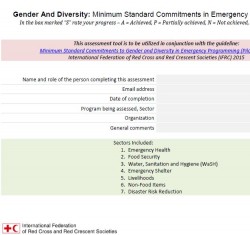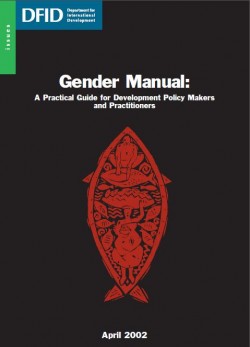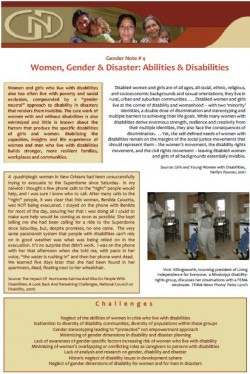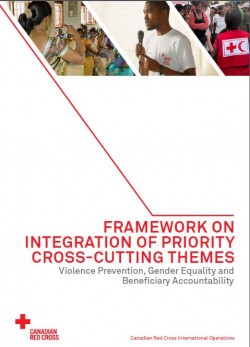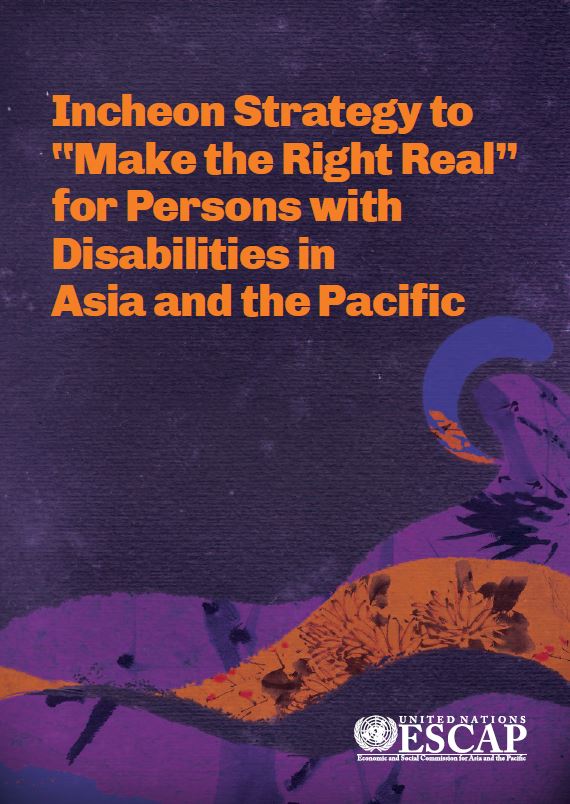1. IFRC Frameworks and policies
In this section you will find resources related to the main overarching IFRC frameworks and policies, as well as key guidelines for the integration of gender and diversity within the work of National Societies. These frameworks, policies and guidelines are not stand-alone and should be used together to understand IFRC’s approach to gender and diversity and how best to ensure that it is integrated within the National Society and the work we do.
2. IFRC minimum standards commitments to gender and diversity in emergency programming
3. Other references
|
![]()


